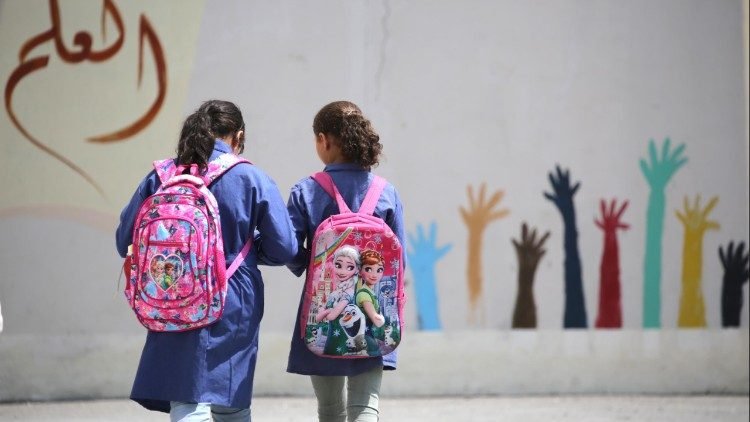Girls’ education is in the middle of two of the most important challenges of our time: education and gender equality, and though today marks “the” day, Save the Children emphasise the importance of celebrating girls “on this day and every other”.
The right to a life free of violence
Approximately one quarter of young people are currently neither employed, in education or in training. The vast majority of these are girls. In a world in which work is incessantly changing, through innovation and automation, where will the 600 million adolescent girls due to enter the workforce in the next decade, end up?
This day pushes people to gain awareness that there is no reason for young girls to not receive the same educational opportunities as young men. Discrimination against girls has a critical impact on their ability to learn, survive and live a life free of violence and is, often, devastating.
The United Nations state that over 90% of girls who are living in developing countries will end up working in the informal sector. The sector which according to the United Nations, is commonly surrounded by low or no pay, abuse and exploitation: the sector which commonly violates basic human rights.
Help to represent where underrepresented
The Director-general of the United Nations Educational, Scientific and Cultural Organisation, Ms Audrey Azoulay, points out that “the integration of girls in the changing world of work includes, in particular, improved access to science and technology careers, where they are too often underrepresented.”
The theme for this year’s International Day for the Girl is “With Her: A Skilled GirlForce”. It aims to bring together “partners and stakeholders to advocate for, and draw attention and investments to, the most pressing needs and opportunities for girls to attain skills for employability.”
Child bride or working adult?
The United Nations, Save the Children and other organisations are calling on the global community to help young girls transition successfully into the world of work by working alongside all girls, worldwide, to help them understand that there are ways of expanding existing learning opportunities.
The 134 million girls who will be forced to marry as children within the next decade could also become teachers, journalists and entrepreneurs. They could contribute to their nation’s economy and yield tremendous results in the future of our world.
Equal terms
The UN’s Secretary General António Guterres, asks that today, we “recommit to supporting every girl to develop her skills, enter the workforce on equal terms and reach her full potential.”



